9 September 2021 – Computer Science alumni from the Class of 2021, Chan Qing Zhou and Ian Wu Ling En, have won awards from SGTech and NUS Computing for developing innovative projects with high potential socio-economic impact.
Chan won the SGTech‐SoC Innovation Prize, which came with a SGD$2,000 cash award, while Wu won the SoC Innovation Prize 2021 Individual Special Merit Award.
The SoC Innovation Prize is awarded each year to students that develop projects with a significant degree of innovation, as well as high potential impact on society.
The submitted projects, which can include projects from the Undergraduate Research Opportunities Programme, as well as capstone and final year projects, are reviewed by a panel from SGTech and the NUS Computing Innovation & Entrepreneurship Committee.
Selected promising projects may receive funding and mentorship under SGTech’s start-up support programme, 123JumpStart.
Detecting phishing sites accurately
Chan won the award for his final year project, titled ‘Identifying Phishing Sites: An Interaction-Based Approach’.
The project tackles a problem that plagues most existing phishing detectors – detecting false positives, where a site is falsely identified to be a phishing site.
“Most detectors only use static analysis, which compares the appearance of a given website with a legitimate website to determine if it is a phishing site,” said Chan, “but this is not so accurate as there are many websites, such as backend sites or test servers, which look like a legitimate site, but are not phishing.”
To combat this, he developed a model that uses a combination of static and behavioural analysis. It works by interacting with a suspected site to detect whether it is attempting to steal the user’s personal information and credentials.
The model interacts with the site by identifying various user interaction elements using computer vision. This solves some of the challenges involved with automated generalised web testing, such as the lack of homogeneity across websites.
“Most current automated web testing tools are designed for users that would like to code test cases for their own site, and not for generalised web testing. At the same time, a large number of different languages can be used to make a website, make it difficult to developed a generalized approach to web testing,” said Chan.
“This new model is able to identify the intentions of a site, and provide an explanation to users as to why it believes a particular site is phishing. It’s a simple but robust solution to this pressing problem,” he added.
A website which helps users create their own data visualisations
Similar to Chan, Wu won the award for his final year project, titled ‘Data Terrain: A Platform for Visualisations’.
Supervised by Senior Lecturer Bimlesh Wadhwa, he created Data Terrain, a data visualisation editing tool that can run within a web browser.
“This allows users to create their own visualisations without the need to install any special software or platform,” said Wu, “they can also plug into a community of other users, which allows them to build on the contributions of others to make their own unique creations.”
The platform contains data management, statistics, and information visualisation features, and can can plug into the DataViz platform as an online data repository.
“Data visualisation and analytics is a growing and relevant field, especially in recent times, and I believe that this contributes to Data Terrain’s relevance to consumers and businesses alike,” said Wu.

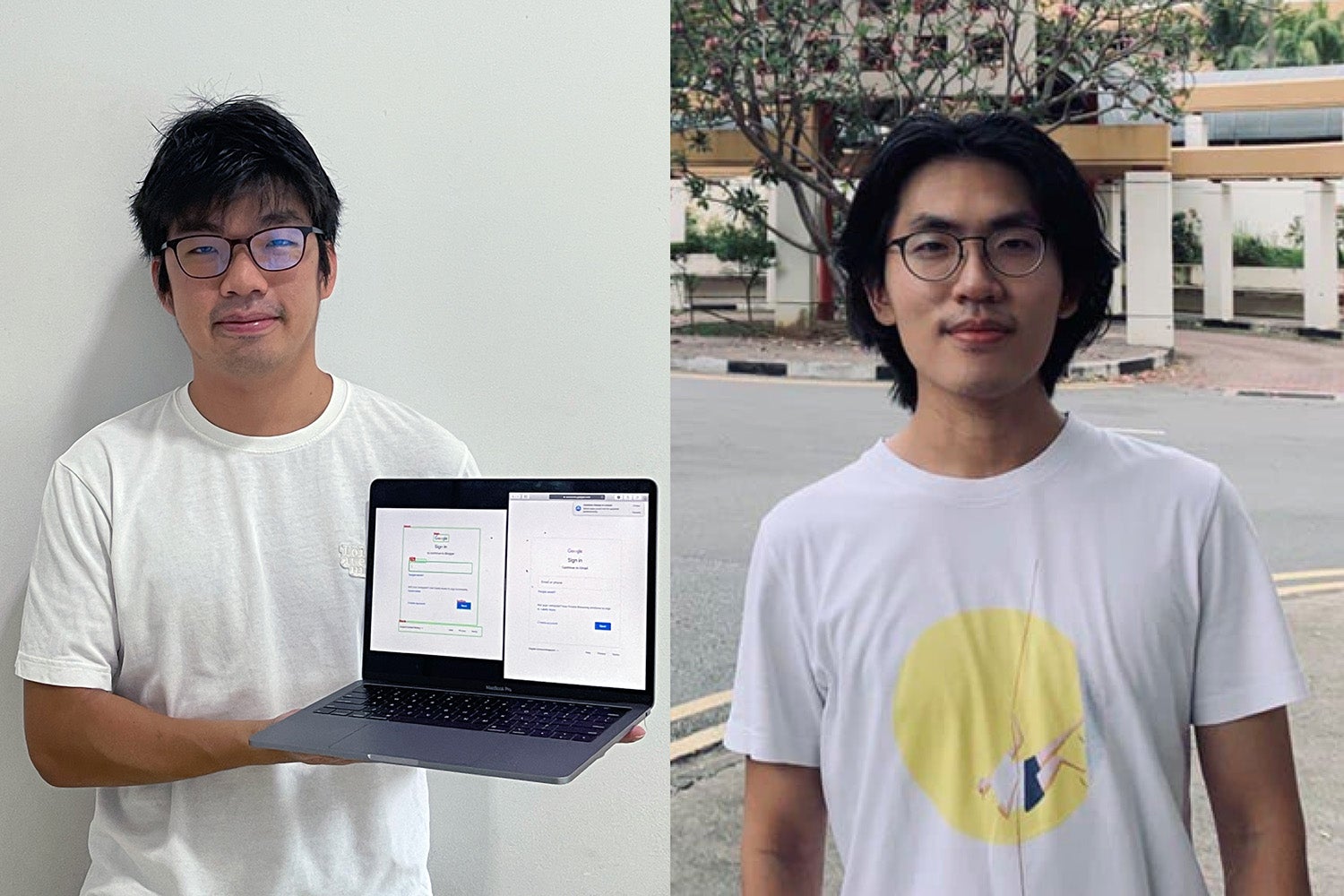

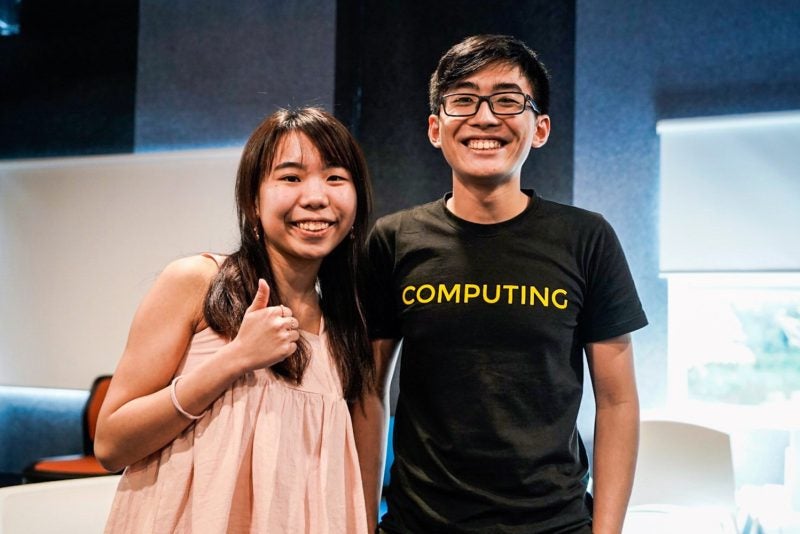



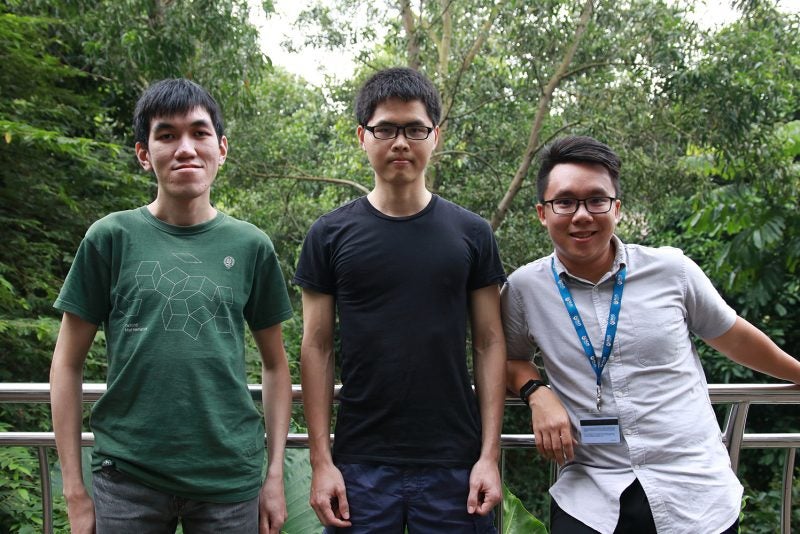

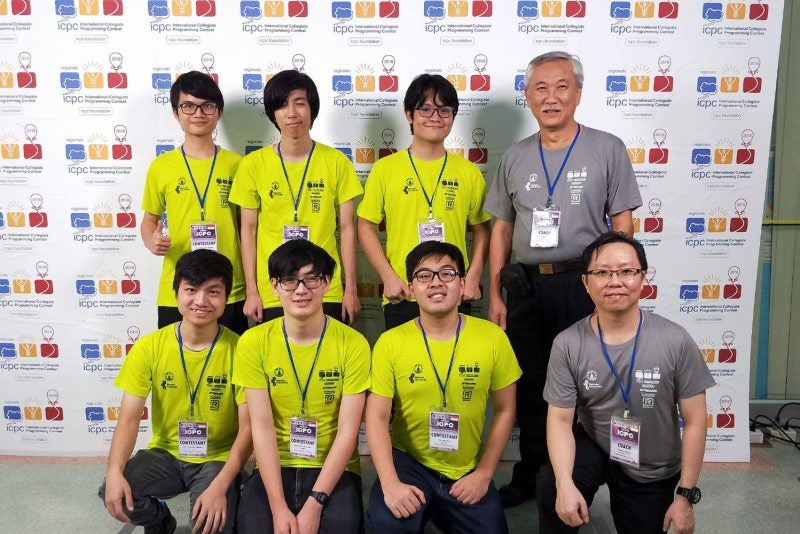

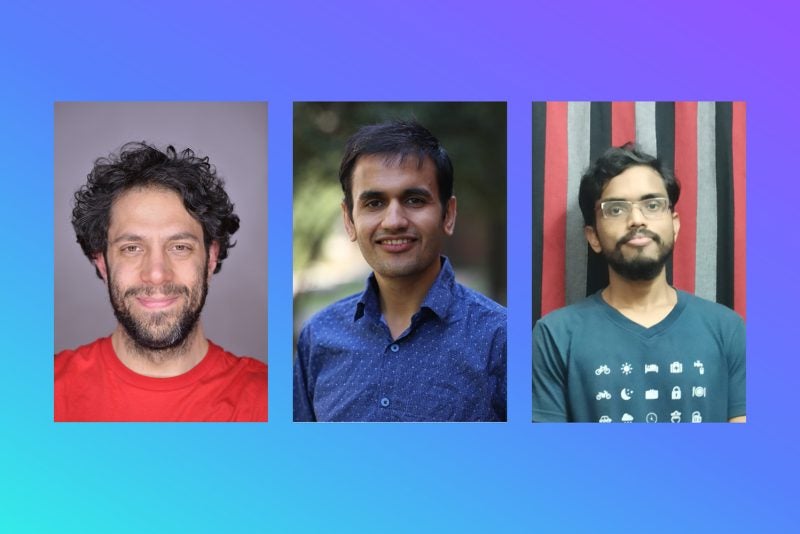
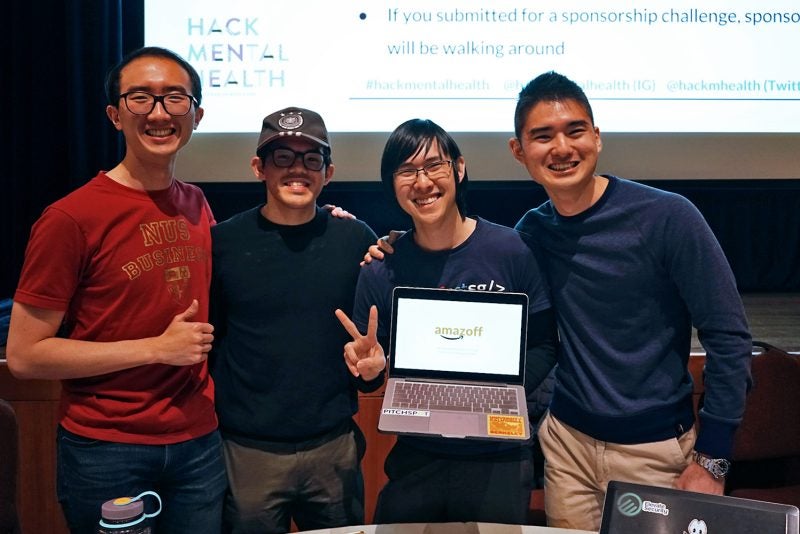
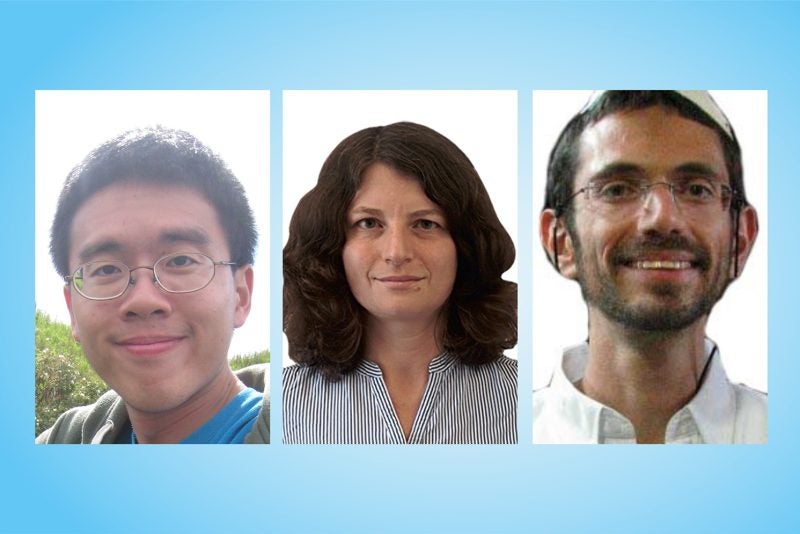



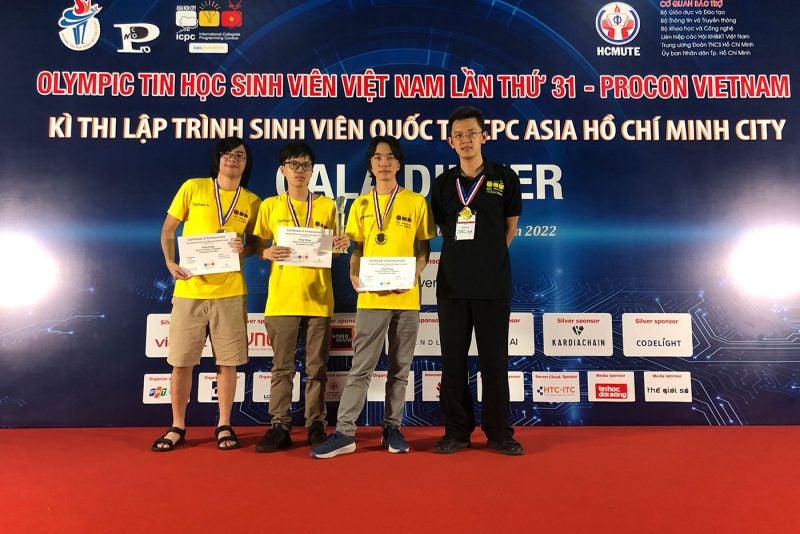
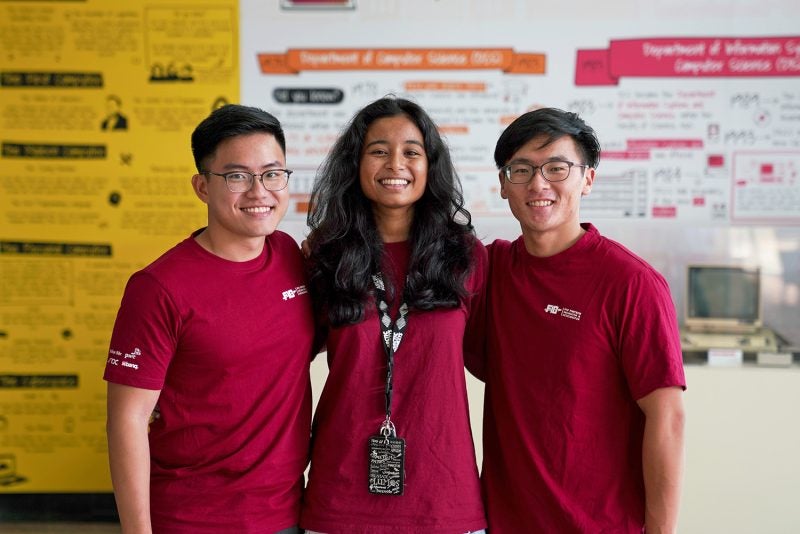
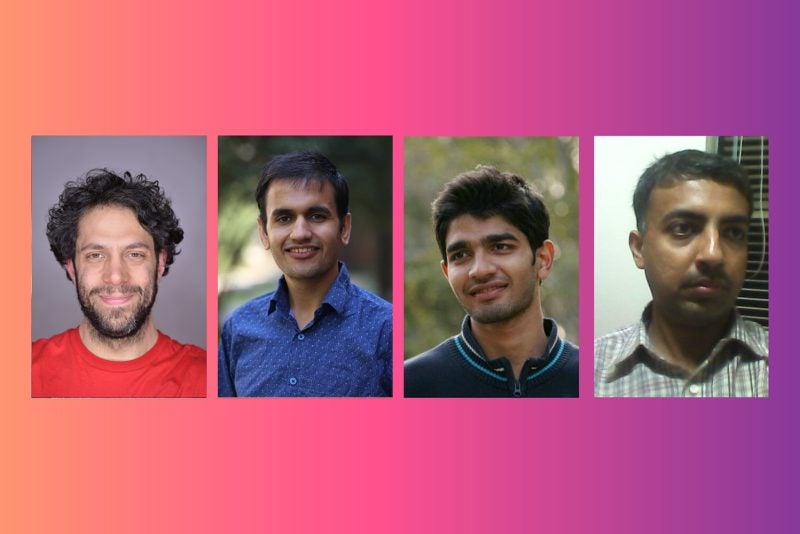
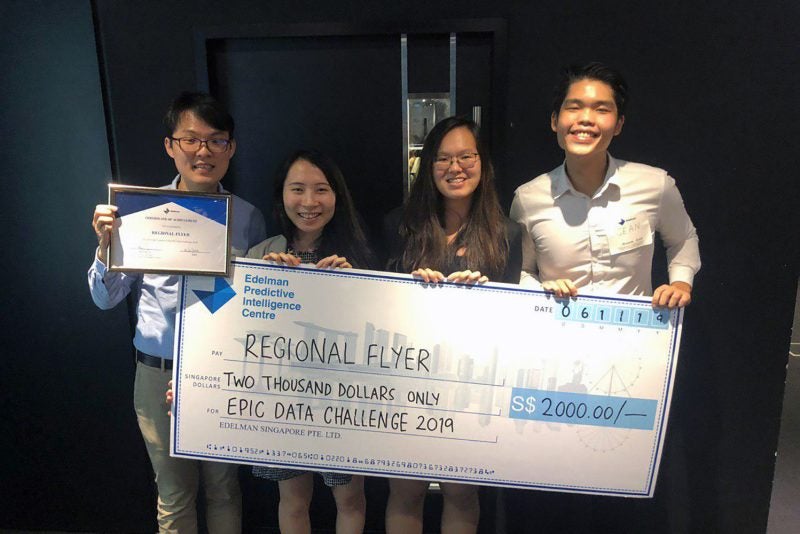
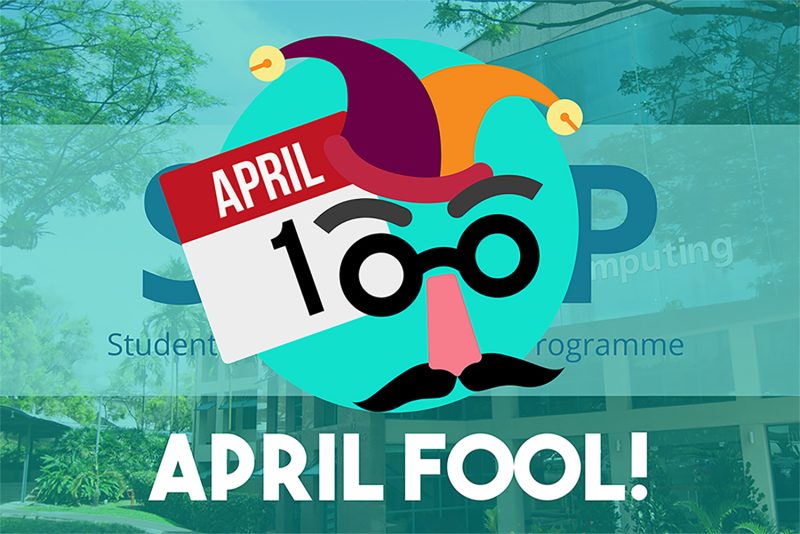
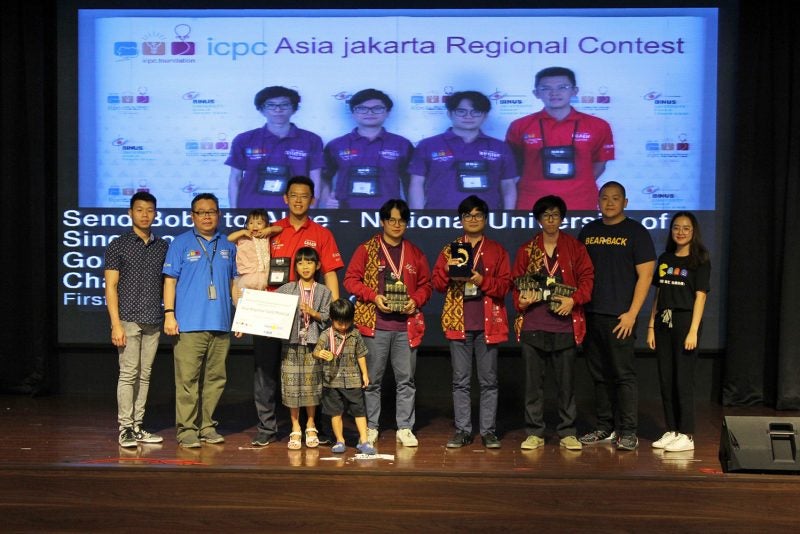

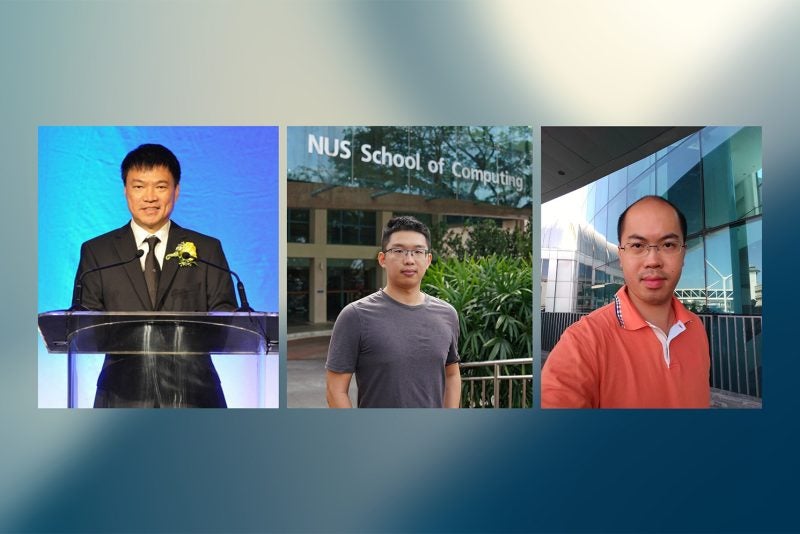
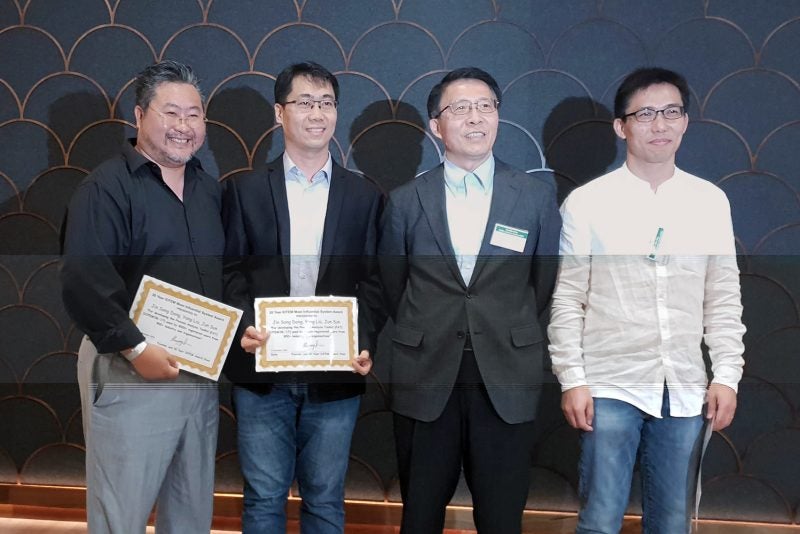
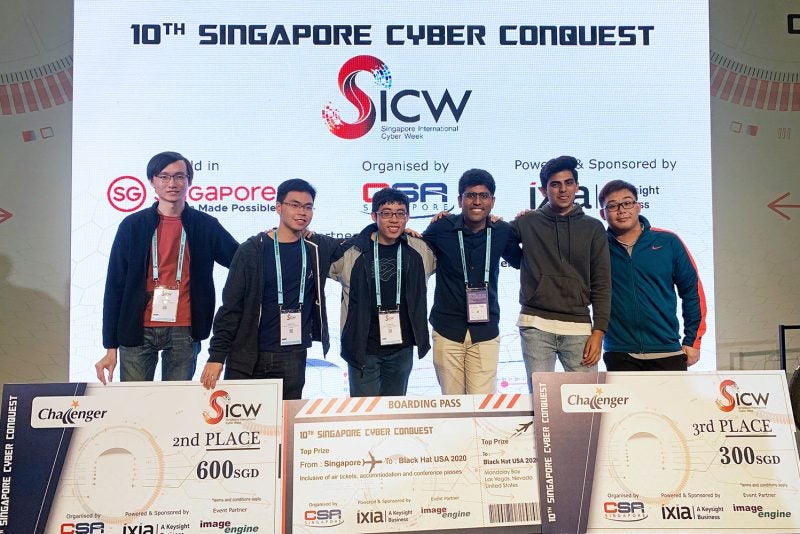
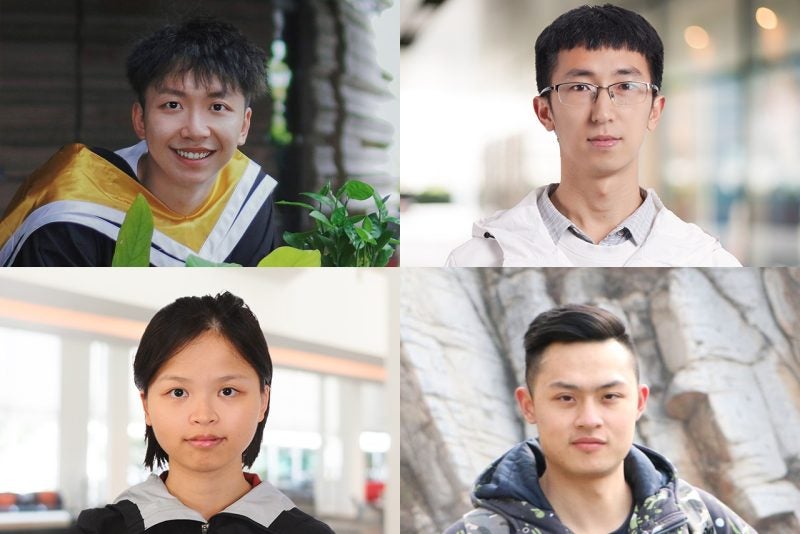


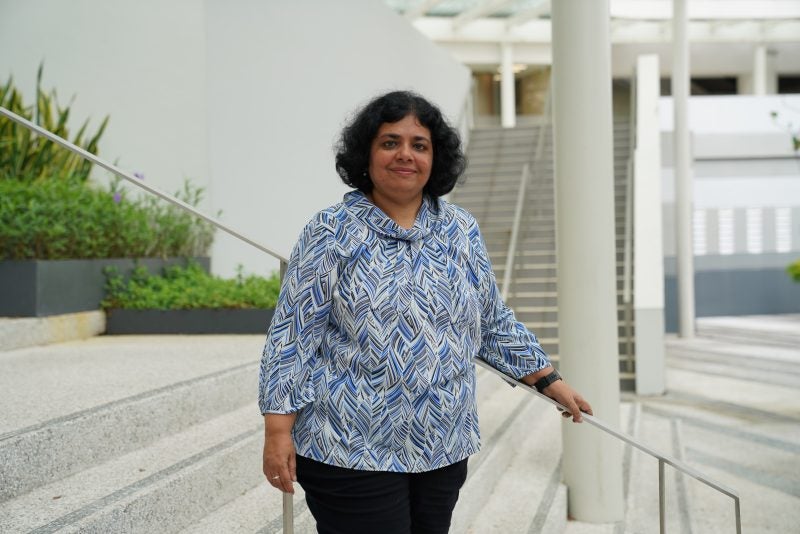
Assistant Professor Yair Zick: Ethics in Artificial Intelligence